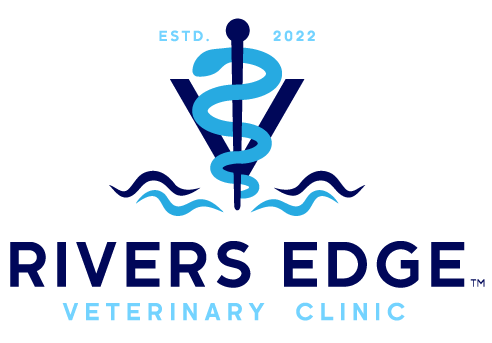Library
-
This handout summarizes the many options available to help celebrate your pet’s life and ways to help deal with your grief following the loss of your beloved pet.
-
This handout discusses meningitis, an inflammation of the membranes that cover the brain and spinal cord, in cats. The numerous potential causes, along with the diagnosis, treatment and prognosis of the condition are outlined.
-
Metaldehyde toxicity occurs when a dog (or a cat, less commonly) eats slug bait that contains metaldehyde. Signs of metaldehyde toxicity include vomiting, anxiety, ataxia (due to muscle incoordination), stiffness, muscle tremors, elevated heart rate and respiratory rate, increased salivation, and increased sensitivity to touch. These signs often progress to continuous muscle tremors and seizures. Prognosis is good with aggressive treatment.
-
Methazolamide (brand names Neptazane®, GlaucTabs®, Glaumetax®, MZM) is a carbonic anhydrase inhibitor used off label (extra label) to treat open angle glaucoma in dogs and cats. Do not use in pets that are allergic to it, have significant liver, kidney, or adrenal disease, have electrolyte imbalances, have severe obstructive lung disease, or have closed angle glaucoma.
-
Methimazole (brand names Tapazole®, Felimazole®, Felanorm®) is an antithyroid medication used to treat hyperthyroidism in cats. It is given by mouth or applied topically to the skin. Common side effects include vomiting, anorexia, and tiredness, but more severe side effects are possible. It is contraindicated in pregnant or nursing pets, as well as in cats with autoimmune disease, liver or kidney disease, and/or blood and clotting diseases.
-
Methionine (brand name Methio-Form) is a nutritional supplement used to make urine more acidic in cats and dogs. Urine acidifiers help manage certain types of urolithiasis (urinary stones). Methionine comes in gel, chewable, powder, and tablet forms. Monitor urine pH and seek immediate veterinary care if signs of Heinz-body anemia appear in cats (pale gums, red-brown urine, weakness).
-
Methocarbamol is given by mouth or injection and is used on and off label to treat muscle spasms due to injury, inflammation, or certain toxicities. Give as directed by your veterinarian. The most common side effect includes sleepiness. Do not use methocarbamol in pets that are allergic to it. If a negative reaction occurs, please call your veterinary office.
-
Methylprednisolone is given by mouth or injection and is used on and off label to treat inflammatory, immune-mediated, or hormonal conditions. Common side effects include increased drinking, urination, and appetite, dull/dry haircoat, and/or weight gain. Do not use in pets that are allergic to it, receiving NSAIDs, that are recovering from a recent surgery, or in pets with systemic fungal or viral infections, diabetes, Cushing’s disease, stomach or intestinal ulcers. If a negative reaction occurs, please call your veterinary office.
-
Methylsulfonylmethane is given by mouth and is used over the counter and off label to treat inflammatory conditions such as arthritis. Give as directed by your veterinarian. Side effects are uncommon but may include stomach upset, restlessness, or tiredness. Do not use in pets that are allergic to it or that are pregnant or nursing. If a negative reaction occurs, please call your veterinary office.
-
Metoclopramide is given by mouth or injection and is used off-label to treat gastrointestinal motility disorders, nausea, and vomiting in dogs, cats, and other animals. Give as directed. Side effects are uncommon but may include restlessness, hyperactivity, muscle twitches, drowsiness, and increased urination. Do not use in pets with intestinal blockage or bleeding, pseudopregnancy, pheochromocytoma, or a history of seizures or head trauma. If a negative reaction occurs, contact your veterinarian.

